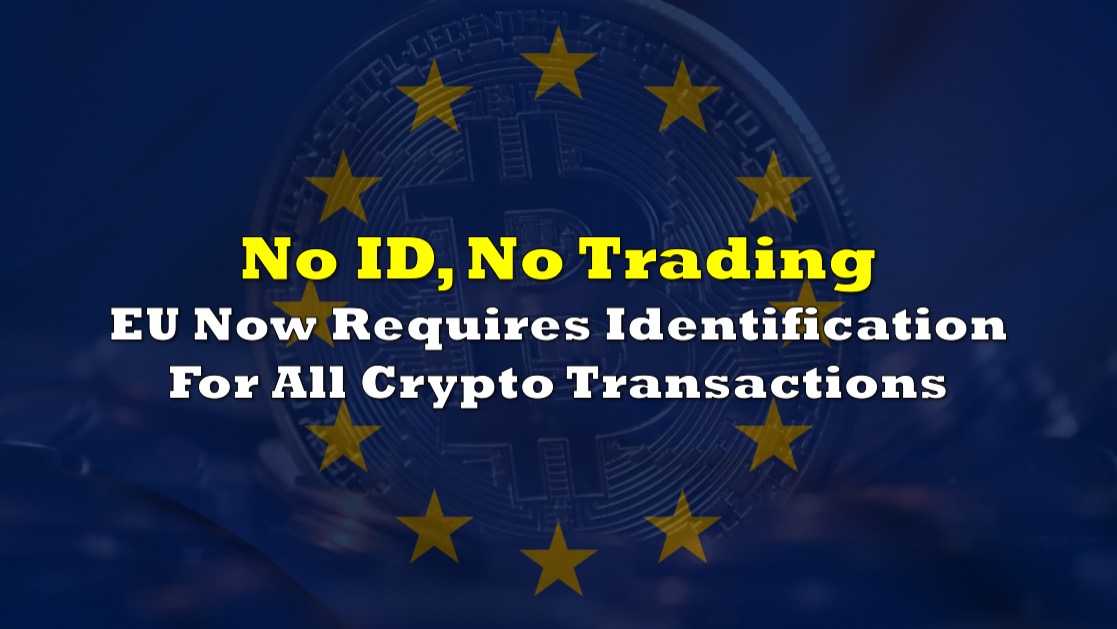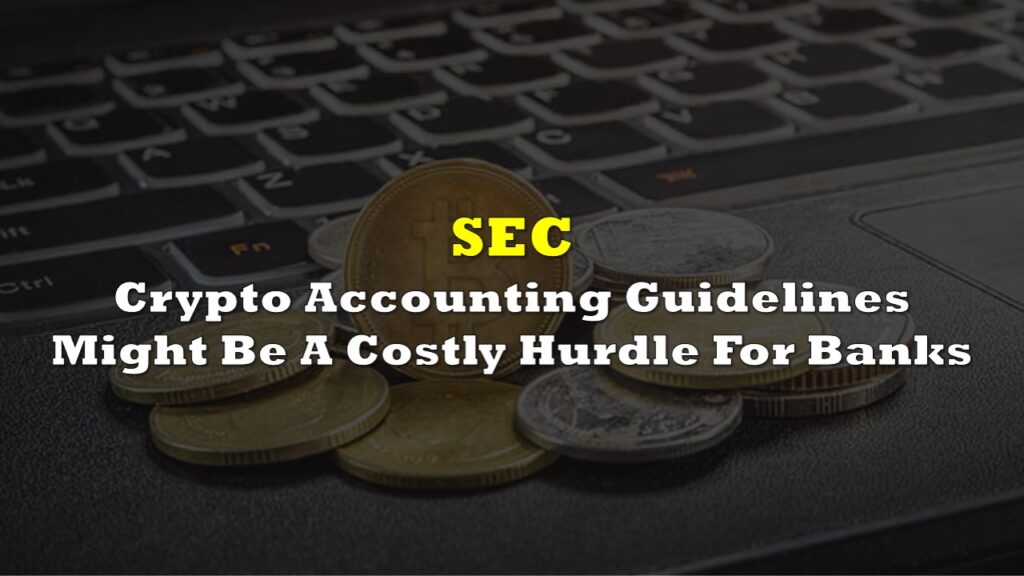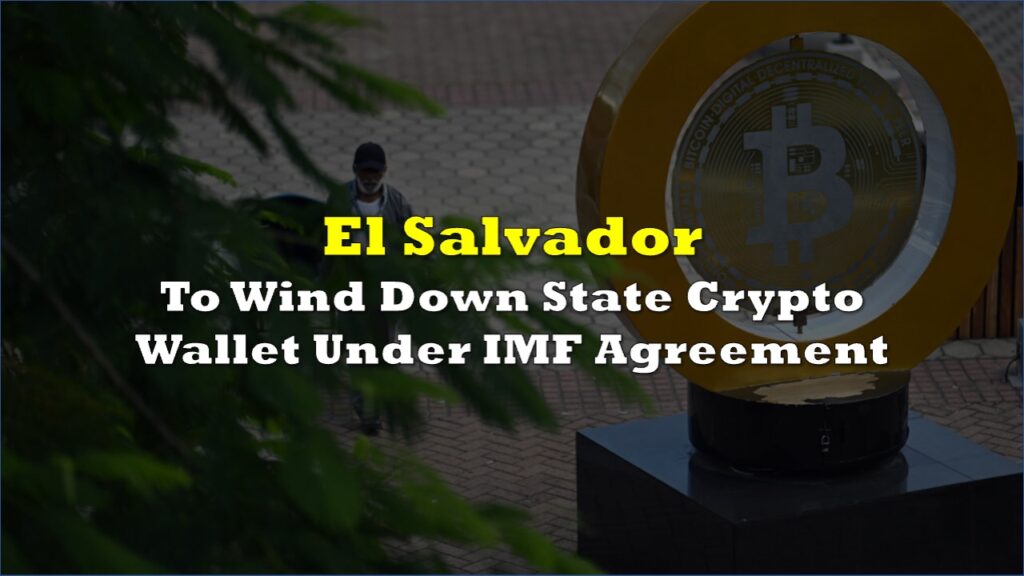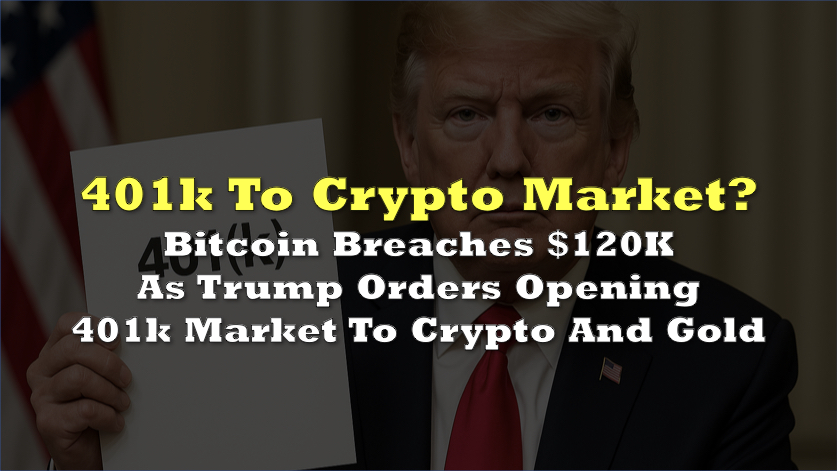The Council of the European Union has given final approval to the Markets in Crypto Assets (MiCA) regulation, which includes requiring identification for all crypto transactions across the 27 EU member states.
The landmark legislation, aimed at unifying crypto regulation across the EU, was initially postponed until February, subsequently put out to April, and has now been approved.
“Recent events have confirmed the urgent need for imposing rules which will better protect Europeans who have invested in these assets, and prevent the misuse of crypto industry for the purposes of money laundering and financing of terrorism,” said Elisabeth Svantesson, finance minister for Sweden, which holds the EU presidency.
“Today’s decision is bad news for those who have misused crypto-assets for their illegal activities, to circumvent EU sanctions or to finance terrorism and war,” she said in a separate statement.
The rules compel firms in the 27-country bloc to seek a license in order to issue, trade, and safeguard cryptoassets, tokenized assets, and stablecoins. By making transactions easier to trace, ministers made steps to prevent tax evasion and the exploitation of cryptoasset transfers for money laundering. They agreed on a requirement that service providers get the names of senders and beneficiaries of cryptoassets beginning in January 2026, regardless of the amount being moved.
Earlier this year, members of the European Parliament from the Economic and Monetary Affairs Committee and the Civil Liberties, Justice, and Home Affairs Committee adopted positions on three pieces of draft legislation on the financing provisions of the EU Anti-Money Laundering and Counter-Terrorism Financing policy.
One of those three is the “single rulebook,” which tries to harmonize financial regulation across the EU. Within it, there’s a provision “on conducting due diligence on customers, transparency of beneficial owners and the use of anonymous instruments, such as crypto-assets, and new entities, such as crowdfunding platforms.”
This requires entities, such as banks, asset and crypto assets managers, real and virtual estate agents and high-level professional football clubs “to verify their customers’ identity, what they own and who controls the company” in these crypto-related activities.
“To restrict transactions in cash and crypto assets, MEPs want to cap payments that can be accepted by persons providing goods or services. They set limits up to €7,000 for cash payments and €1,000 [$1,084] for crypto-asset transfers, where the customer cannot be identified,” the European Parliament added.
In the recent MiCA approval, there was also agreement on revising rules on how member countries collaborate in taxation to cover crypto-asset transactions, as well as exchanging information on advance tax judgments for the wealthiest persons.
Crypto businesses say they seek regulatory stability, increasing pressure on countries to adopt EU laws and regulators to develop global norms for cross-border activities.
This regulation is part of a package of legislative measures submitted by the Commission in July 2021 to enhance the EU’s anti-money laundering and counter-terrorism financing legislation. A proposal to establish a new EU institution to combat money laundering is also included in the package.
The latest action will undoubtedly increase pressure on the United Kingdom and the United States. However, it will put more strain on the United States, where regulatory uncertainty looms.
Britain has proposed a staged approach, beginning with stablecoins and gradually expanding to unbacked cryptoassets, but there is no specific timeframe.
While deciding whether to adopt customized new laws and who would apply them, the United States has focused on using existing securities rules for enforcement action in the sector.
The guidelines are slated to go into effect in 2024.
Information for this briefing was found via Reuters, European Council, Watcher.guru, and the sources mentioned. The author has no securities or affiliations related to this organization. Not a recommendation to buy or sell. Always do additional research and consult a professional before purchasing a security. The author holds no licenses.









